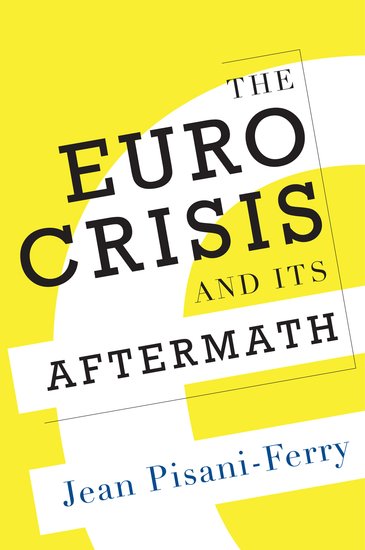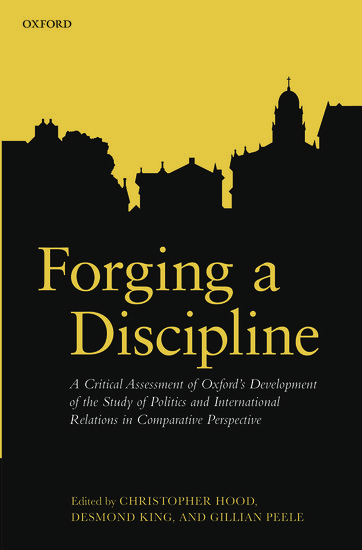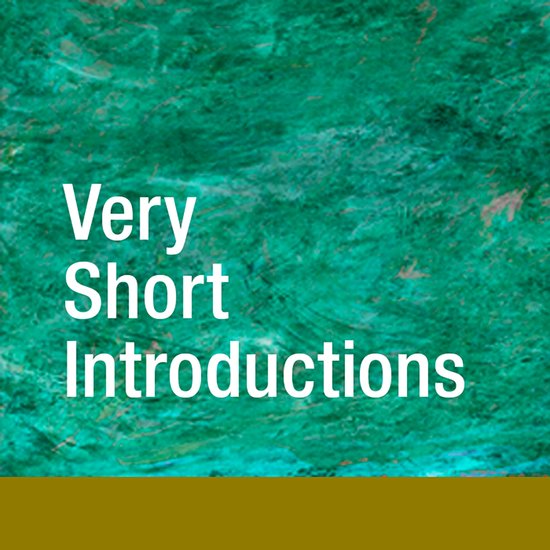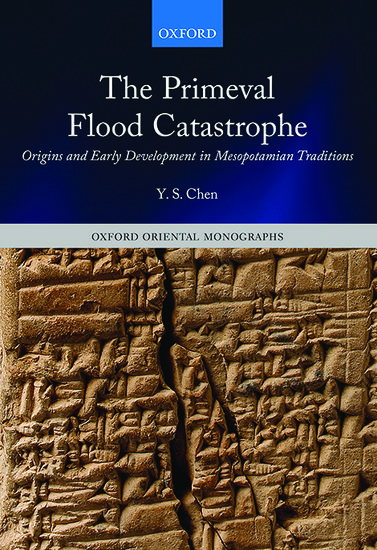Consequences of the Truman Doctrine
By Christopher McKnight Nichols
On 22 May 1947, President Harry Truman signed the formal “Agreements on Aid to Greece and Turkey,” the central pillars of what became known as the “Truman Doctrine.” Though the principles of the policy were first articulated in a speech to a joint session of Congress on 12 March 1947, it took two months for Truman to line up the funding for Greece and Turkey and get the legislation passed through Congress.









